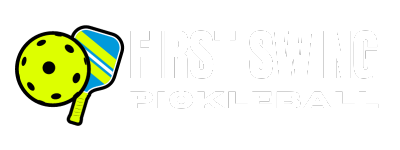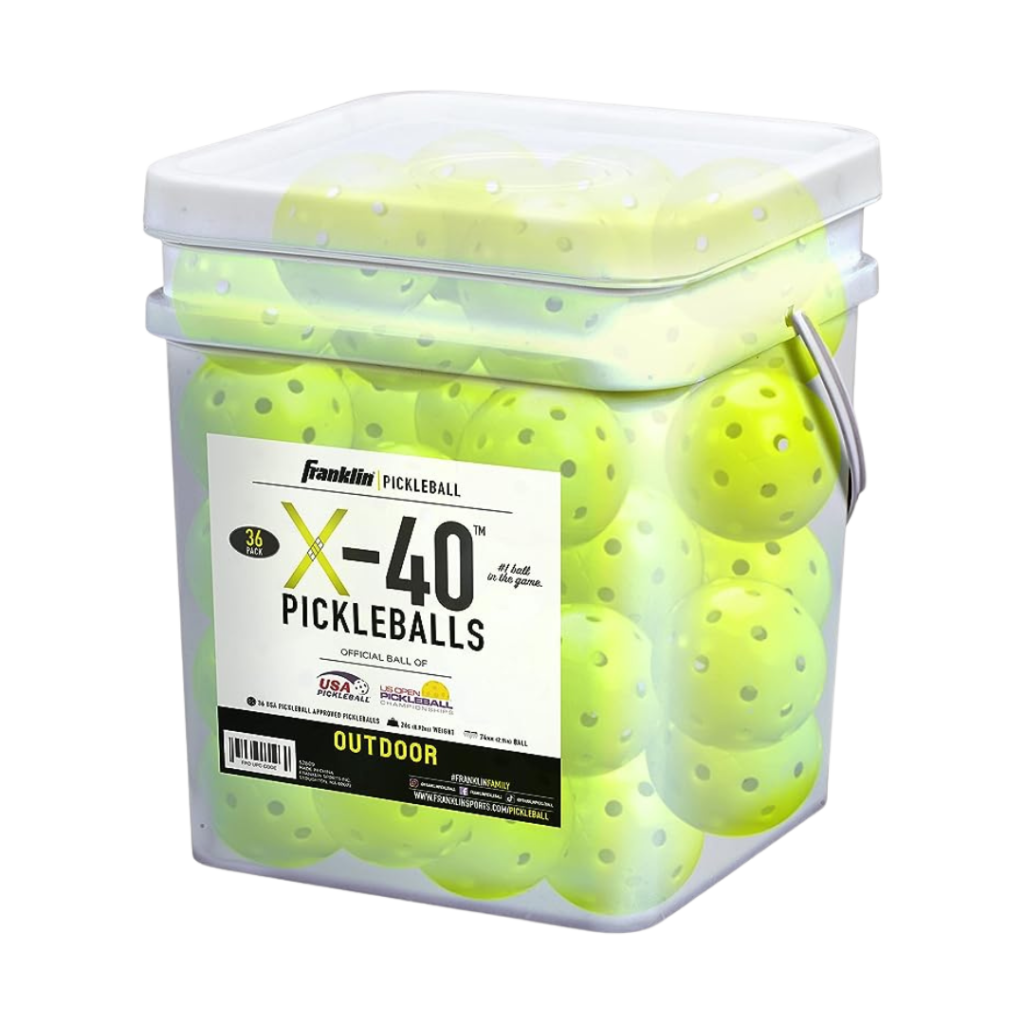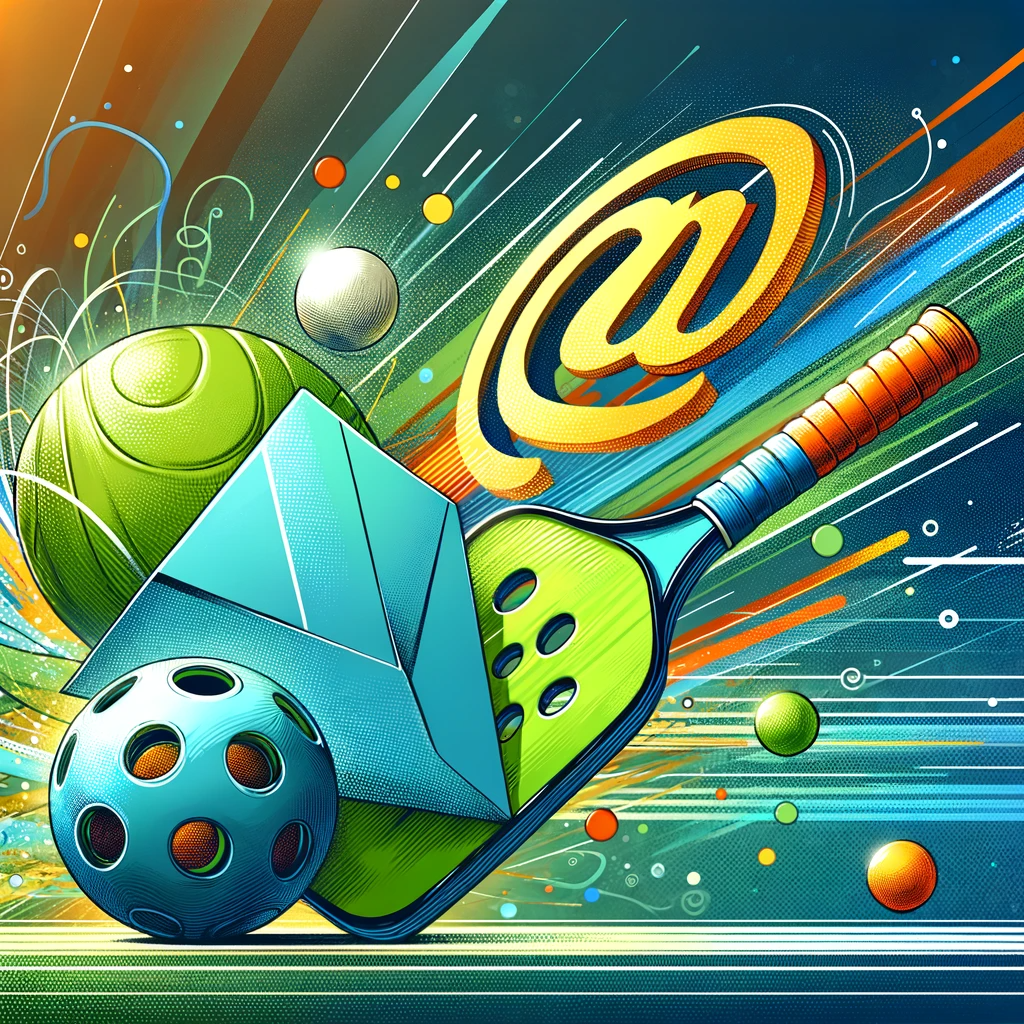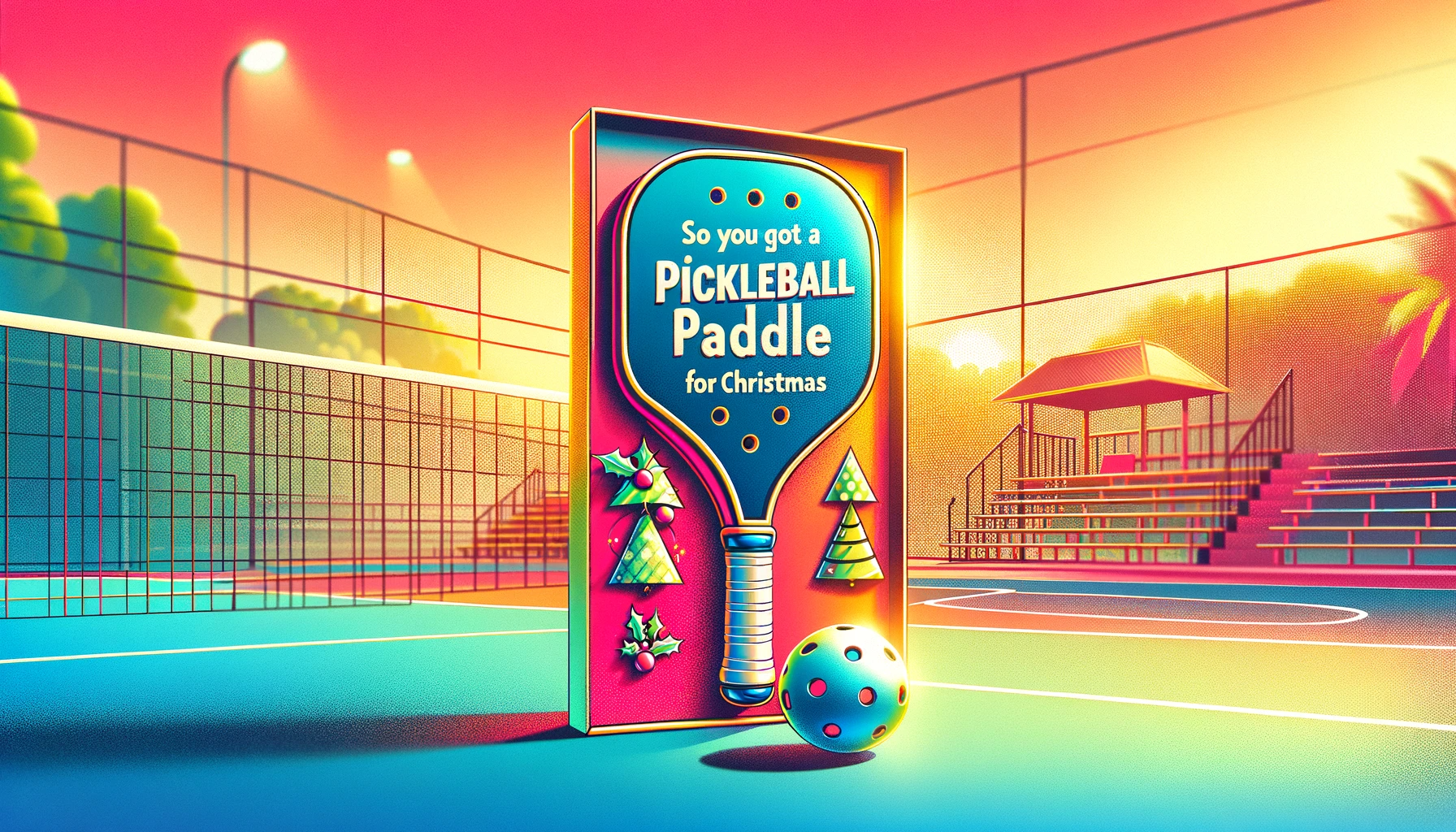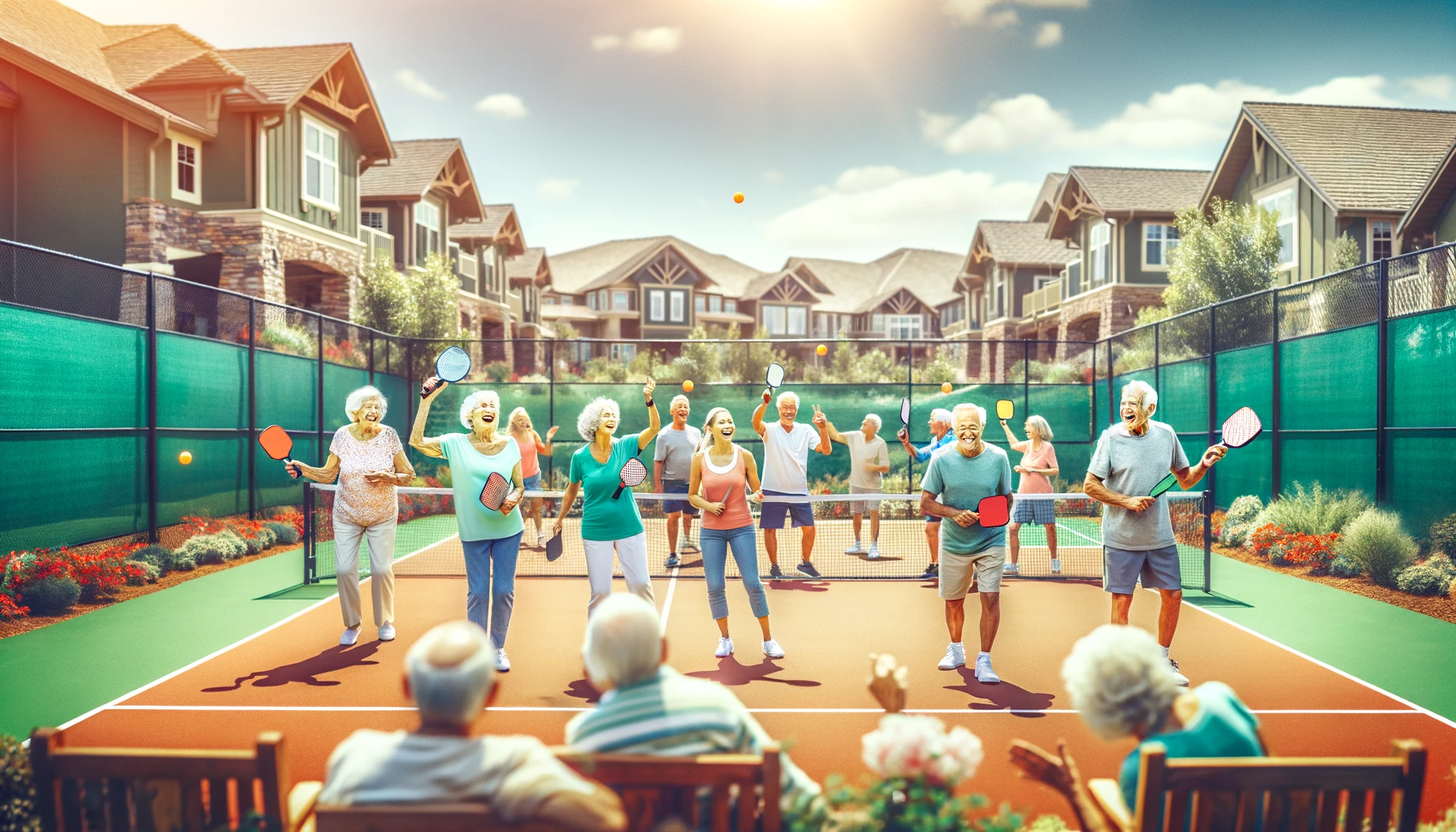

Pickleball and Mental Health: Enhancing Psychological Well-Being Through Sport
Introduction
Pickleball, a paddle sport combining elements of badminton, tennis, and table tennis, has gained remarkable popularity. This article explores how playing pickleball contributes to psychological well-being, offering insights into its mental health benefits.
The Mental Health Benefits of Pickleball
A. Stress Reduction
Pickleball is an excellent stress reliever. The physical activity involved in the game triggers the release of endorphins, the body’s natural mood lifters. This can lead to a decrease in stress and anxiety levels.
B. Social Interaction
Playing pickleball often involves team play or doubles, which fosters social interaction. Social connections are crucial for mental health, providing a sense of belonging and reducing feelings of loneliness or isolation.
C. Cognitive Benefits
The sport requires strategic thinking and quick decision-making, which can enhance cognitive functions. Regular participation in pickleball can improve concentration, focus, and mental agility.
D. Physical Health and Mental Well-Being
Pickleball promotes physical fitness, which is directly linked to improved mental health. Regular exercise can help manage and reduce the risk of chronic diseases, leading to better overall mood and well-being.
E. Enjoyment and Fun
The fun aspect of pickleball shouldn't be underestimated. Enjoying a game that you love can significantly boost your mood and overall mental health.
FAQs
Q: Can pickleball help in managing depression and anxiety? A: Yes, regular participation in pickleball, like any physical activity, can help in managing symptoms of depression and anxiety by reducing stress hormones and increasing endorphins.
Q: Is pickleball suitable for all ages? A: Absolutely, pickleball is a low-impact, high-fun sport that can be enjoyed by people of all ages and skill levels.
Q: How often should one play pickleball to experience mental health benefits? A: Engaging in physical activity like pickleball for at least 150 minutes a week is recommended. However, even shorter, regular sessions can offer mental health benefits.
Conclusion
Pickleball is more than just a recreational sport. Its unique blend of physical activity, social interaction, and cognitive engagement makes it a powerful tool for enhancing psychological well-being. Whether you're looking to reduce stress, improve your mood, or simply have fun, pickleball offers a range of mental health benefits worth exploring.
